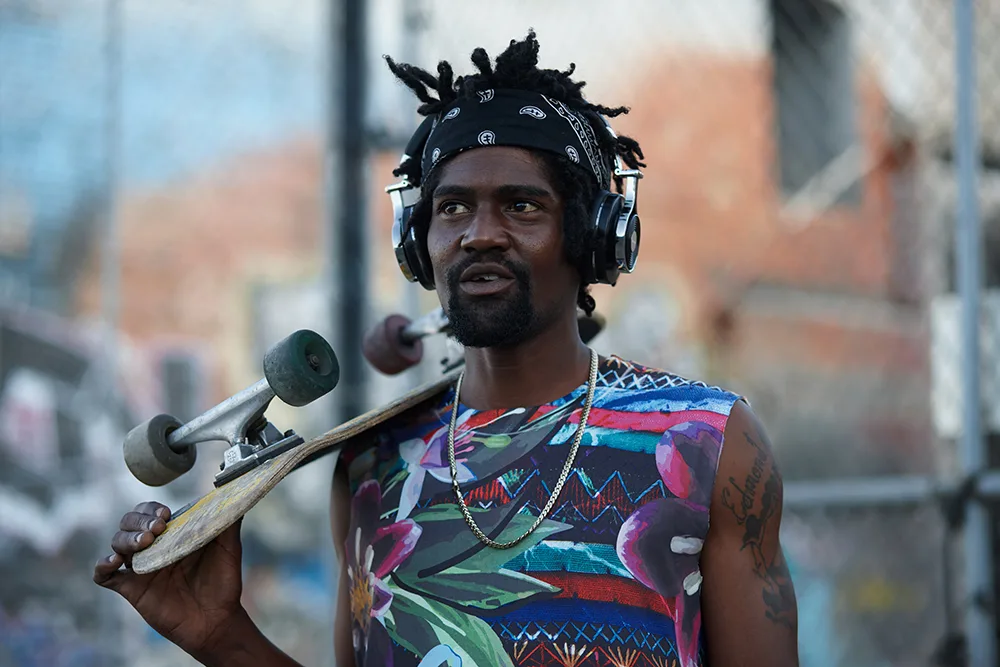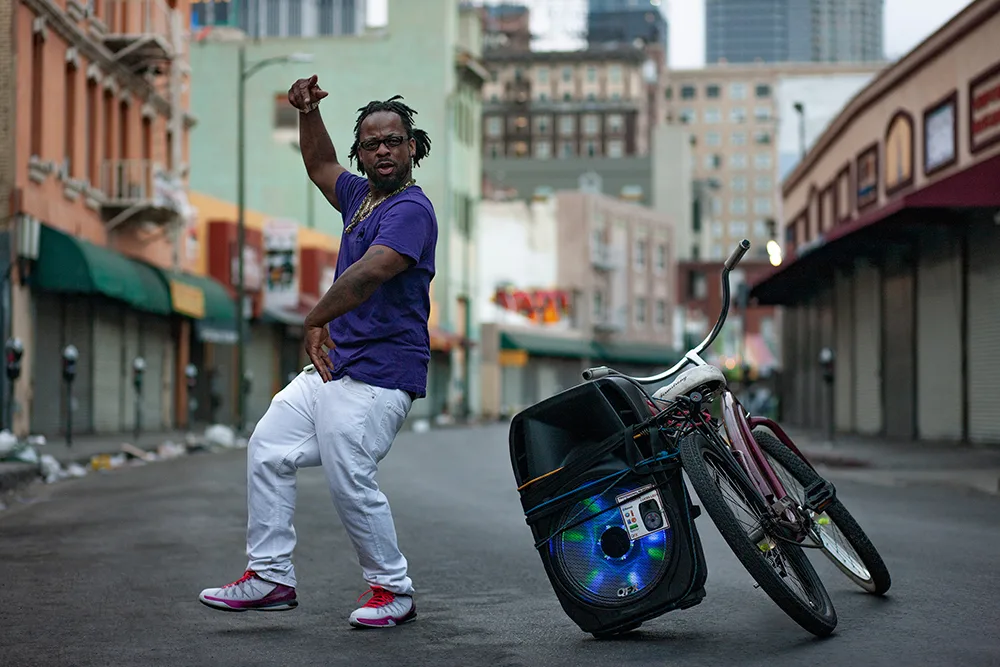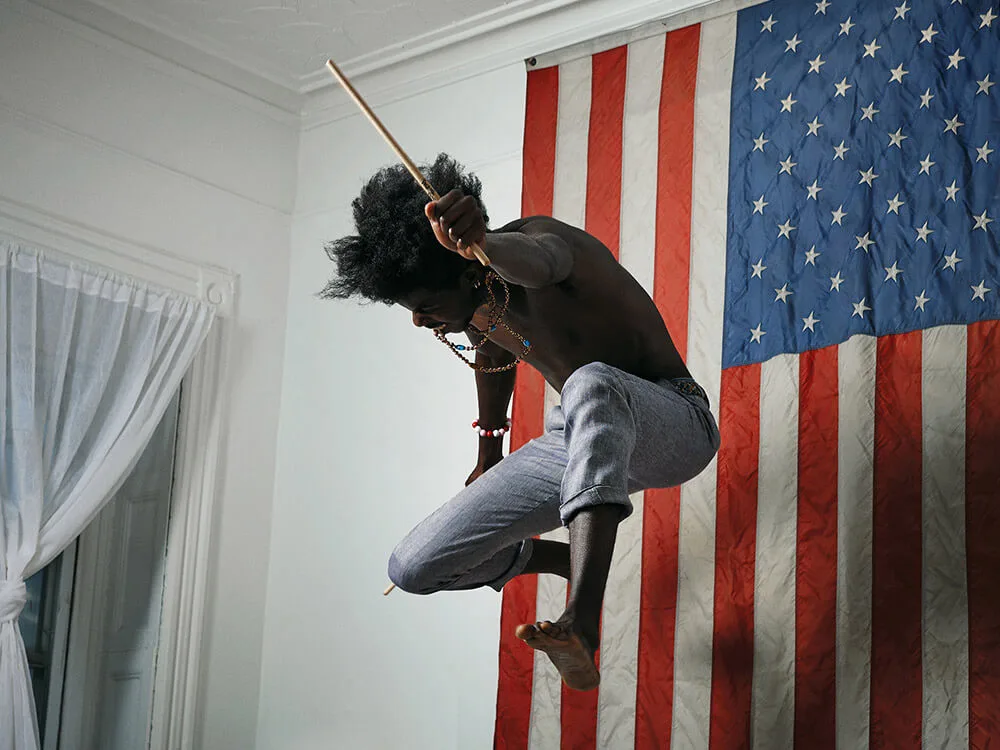

“Here in California, here in LA, perception is everything. This is the home of judge a book by its cover.” So begins Deirdre O' Callaghan’s new film Winter in America, shot over several months in Skid Row, the street in downtown Los Angeles where many homeless people live.

It is thought around 50,000 people live on the streets in the LA area, and it’s causing more and more friction.
"There's definitely a growing tension and people are frustrated by the challenges that we're facing here in this city," City Councilwoman Monica Rodriguez told NPR at the beginning of 2019.
When photographer and filmmaker Deirdre moved to LA, she too was struck by the city’s homelessness problem. “Since living here, I’ve been very aware and increasingly shocked by the homeless situation. The loss of humanity caused by institutional disenfranchisement and societal violence toward certain groups is something I knew I wanted to address through my work.”


Many of the Skid Row population suffer from addiction and other mental health issues; a lot of them have spent time in prison. Deirdre addressed similar issues in her widely-praised project Hide That Can, which documented the inhabitants of a north London hostel over four years.
“There are a lot of similarities between the two projects,” she explains. “Spending time getting to know individuals and building up a relationship is so important. Once you hear people’s stories, you understand how they ended up in their situation.”
She took a similar approach in building trust among the people of Skid Row, spending time getting to know them and their stories before she shot a second of footage.
“There is no one path to homelessness,” she says. “The main thing that really struck me is how so many of the people living on the street do take responsibility for their situation. They are not victims. So I really wanted to portray the more colorful side of the personalities that I got to know as well.
We are all human beings and no-one is better than anyone else.
By meeting and listenting to the people of Skid Row, she uncovered the main thread around which she would build Winter in America. “Many appear to find incredible solace in music, which is the driving narrative behind this film,” she says. “I made music the focus – how important it is to people’s lives on the streets.”
Music plays a different role for the different people Deirdre interviews. For some it’s a form of escape, for others it helps them sleep. For some it’s the way they communicate and express themselves, for others it’s how they make sense of the world. As one of the interviewees puts it, “Music is how I feel.”
For a film in which music plays such a central role, it was important to get the right person to create the original score. Deirdre worked with Georgia Anne Muldrow, LA born and raised, whom Pitchfork once described as, “a cosmic traveler tinkering with the limits of humanity's musical norms.”
“It was towards the end of last year that I first met Georgia, when I went to Vegas to photograph her and we spent a lot of time chatting over those few days,” Deirdre explains. “ I knew she would bring something very special to this film.
“She is such a sincere, conscious and powerful musician and she really took time to understand each personality involved.”

The powerful finished piece, which also includes portrait photography shot in Skid Row, was not without its challenges. There were various things Deirdre couldn’t or wouldn’t shoot because they felt insensitive or exploitative, and it was also hard not to get emotionally involved with the people she forged friendships with.
But that emotional connection is what gives the film its power. These are not victims we meet, although they have been let down by every system going. These are strong, creative, engaged people who, while their lives can never be romanticized, may still be able to hold a mirror up to our lives.
Deirdre says the main thing she learned making the film was “humility.” She goes on, “The aim of the work is to humanize and give voice to people’s stories, but also to raise awareness of the dire situations and challenges they experience on a daily basis.
“We are all human beings and no-one is better than anyone else.”


